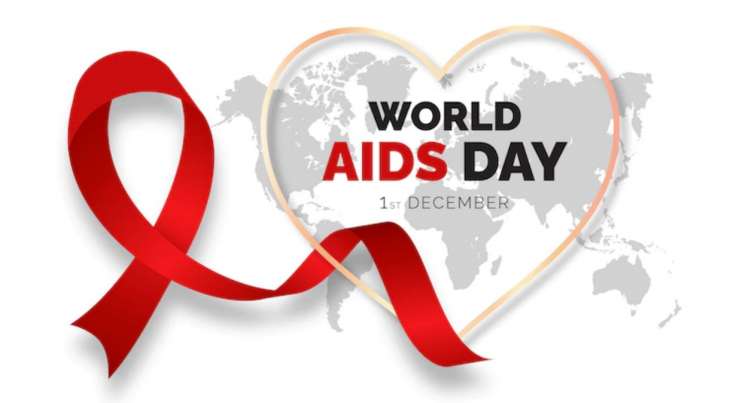World AIDS Day - SAMRC
 South Africa | The South African Medical Research Council (SAMRC) joins local and international civil societies, governments, academic and advocacy bodies as well as the private sector in rallying to commemorate the 34th World AIDS Day.
South Africa | The South African Medical Research Council (SAMRC) joins local and international civil societies, governments, academic and advocacy bodies as well as the private sector in rallying to commemorate the 34th World AIDS Day.
SAMRC scientists have been committed, since the advent of HIV AIDS, to conduct research in all aspects of the epidemic, including the prevention of mother-to-child transmission, using innovation to develop new and safe drugs, healthy service delivery as well as monitoring the risk factors that South Africans are exposed to in HIV hotspots. It goes without saying that the fight against HIV remains unfinished with an estimated 20 percent of HIV cases being found in South Africa and predominantly affecting young women between the ages of 18-24. Although our intramural and extramural research shows an increase in other burdens of diseases such as the sharp rise in non-communicable diseases (NCD), HIV still remains a key health priority that will require collective efforts to mitigate a further surge in infection as well as develop realistic and accessible HIV prevention strategies.
To date, the SAMRC has collaborated with and created multiple grant programmes and global partnerships to conduct the latest biomedical research and development efforts against HIV AIDS including a potential vaccine and long acting injectable antiretrovirals. The past decade has seen us fund and conduct a new low-dose formulation of Darunivar based therapy which could have significant implications for South Africa’s current HIV treatment regimen and reduce patient drug-related toxicity, consequently improving compliance to treatment. We have also, for years, worked on an ambitious gene mediated approach to curing HIV; we have supported the dapivirine ring and funded HIV vaccine development programmes and continue to support new knowledge that will inform our science as we move forward in our commitment towards ending HIV AIDS.
“The SAMRC recognizes the important role that health and science advocacy has played in, not only bringing to light the plights of HIV in our country, by successfully persuading key policy makers to increase the HIV response budget. After early years of denial, the South African government now finances an estimated 80% of the HIV response,” says SAMRC President and CEO Professor Glenda Gray. “We hope that our research and the evidence that we produce may encourage further policy change regarding HIV and AIDS.”
Contact Details
Tendani Tsedu
Head of Corporate & Marketing Communication
Email: tendani.tsedu@mrc.ac.za

